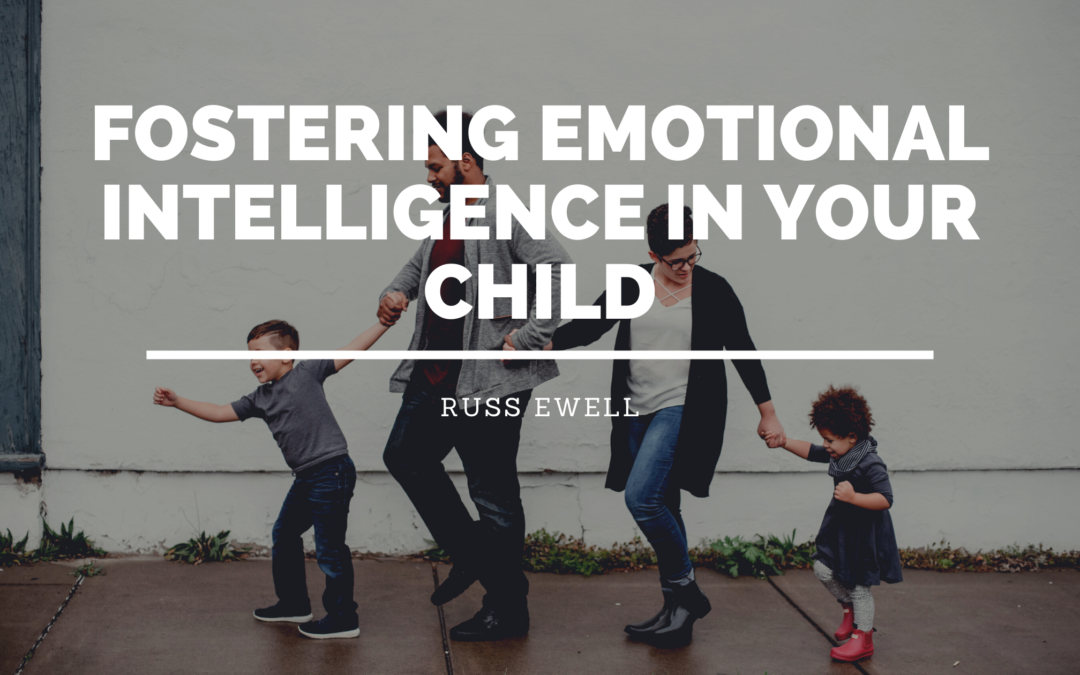Children act just like soft clay; we can mold them in any form according to the environment, love, the affection they receive, and things they are taught. Apart from physical well-being, the emotional strength and emotional well-being of children are essential as well. The elements they will learn in their childhood will reflect in adulthood when they become independent personalities of themselves.
This is crucial for individuals to be aware of as they progress in the world today. Individuals must be able to navigate different situations as they collaborate with others. The world is evolving and as children become aware of emotional intelligence and practice this aspect then they can increase mental health and find success.
To develop emotional intelligence in a child, we should provide children with adequate attention and proper moral values and norms.
Here are a few ways to foster emotional intelligence in a child.
Listen to Their Feelings
Children often are given a shut-up response upon repeated questions they ask; this is wrong and they may develop a feeling of negligence and ignorance. This can lead to a host of other issues as the child grows and then similarly responds to others.
Instead, always listen to a child and try to validate their feelings. In addition, reflect on the things they tell or explain and relate them to reality. This will automatically develop empathy in a child.
Label their feelings according to any situation happening in reality as “sad,” “happy,” “angry,” etc.
Teach Healthy Skills To Face Situations
Teach children healthy and beneficial skills to face every kind of situation. For example, don’t let them sit around a corner angry or crying after any unwanted scene or situation. If a child is aware of emotions, he should learn to deal with them healthily. The parent is the only one that can teach this.
Try to engage a child in thoughts and healthy skills which soothe them, such as deep breaths while facing anger, or coloring or painting may promote happiness in them.
Show empathy
Eliminate stereotypic behavior from life to raise an emotionally intelligent child. Instead, encourage them and continue to be there for them so that they can be there for others. Correlate with their feelings to make them compelling.
